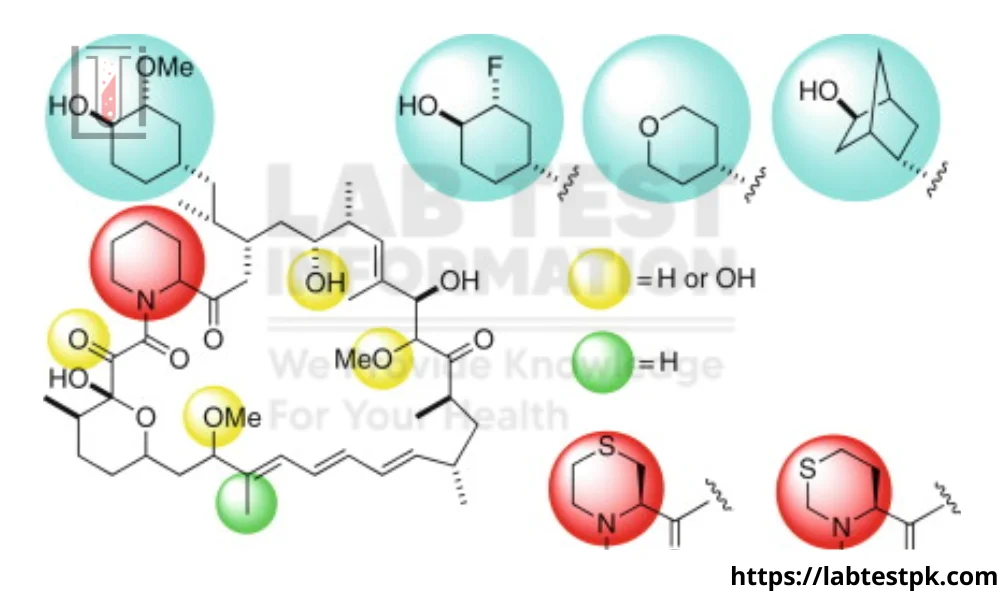Pipecolic acid Test
Pipecolic acid Test, also known as piperidine-2-carboxylic acid, is a cyclic amino acid that consists of a six-membered ring containing one nitrogen atom. It is classified as a non-proteinogenic amino acid, meaning that it is not a building block of proteins like the standard amino acids found in proteins. Pipecolic acid plays a role in various biological processes and has been identified in different organisms, including plants and animals.
Here are some key points about pipecolic acid:
- Occurrence: Pipecolic acid is found in certain plants and is known to accumulate in response to stress conditions, such as pathogen attacks. It has also been identified in some animals.
- Metabolism: Pipecolic acid is involved in the metabolism of lysine, another amino acid. The conversion of lysine to pipecolic acid occurs in a process known as lysine degradation. This metabolic pathway is important for maintaining the balance of nitrogen in the body.
- Neurotransmitter: Pipecolic acid has been suggested to have neurotransmitter-like properties and has been implicated in certain neurological processes. It has been found in the brain, and alterations in its levels have been associated with certain neurological disorders.
- Immunomodulatory Role: Research suggests that pipecolic acid may play a role in modulating the immune response. For example, it has been shown to induce the expression of defense-related genes in plants, contributing to their response to pathogens.
- Potential Therapeutic Applications: Due to its involvement in various biological processes, pipecolic acid has been investigated for potential therapeutic applications. Research is ongoing to understand its role in health and disease, especially in the context of neurological disorders and immune system regulation.
It’s important to note that while pipecolic acid has been studied in different contexts, there is still much to learn about its functions and potential applications in various biological systems.


[…] urine is significant for the diagnosis and monitoring of multiple myeloma. Testing for Bence Jones proteins often involves a 24-hour urine collection, where the urine is collected over a specified period, […]
[…] negative PCR result does not rule out the possibility of an Acanthamoeba infection completely. The organism may not be present in sufficient quantities in the tested sample, or there could be other factors […]
[…] process of differentiation involves changes in gene expression, cellular morphology, and […]
[…] (Also known as Brain Attack. 87% vascular occlusion circle of Willis and […]
[…] The anion gap helps to identify whether there are unmeasured anions in the blood, which can indicate certain types of metabolic acidosis. […]
[…] Fermentation: Non-lactose fermenters will not produce acid from lactose fermentation, so the pH of the medium remains unchanged. As a result, these colonies […]